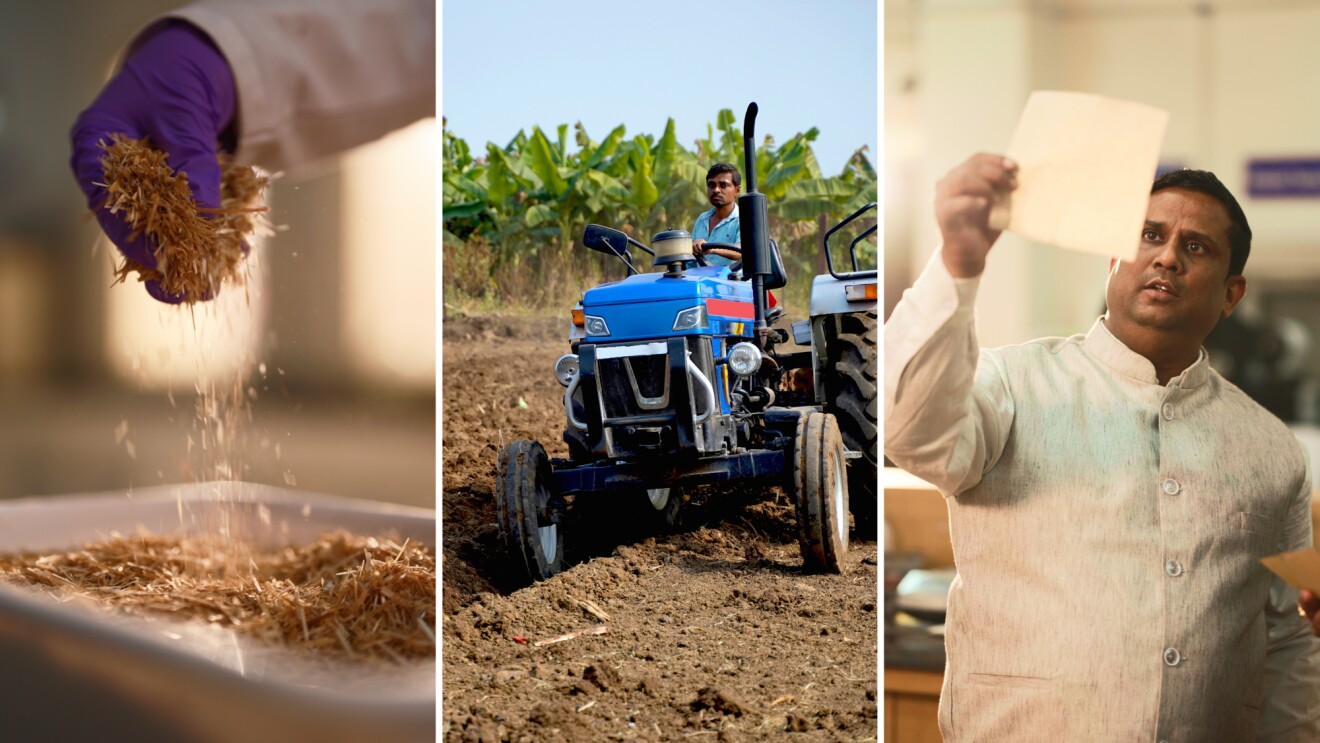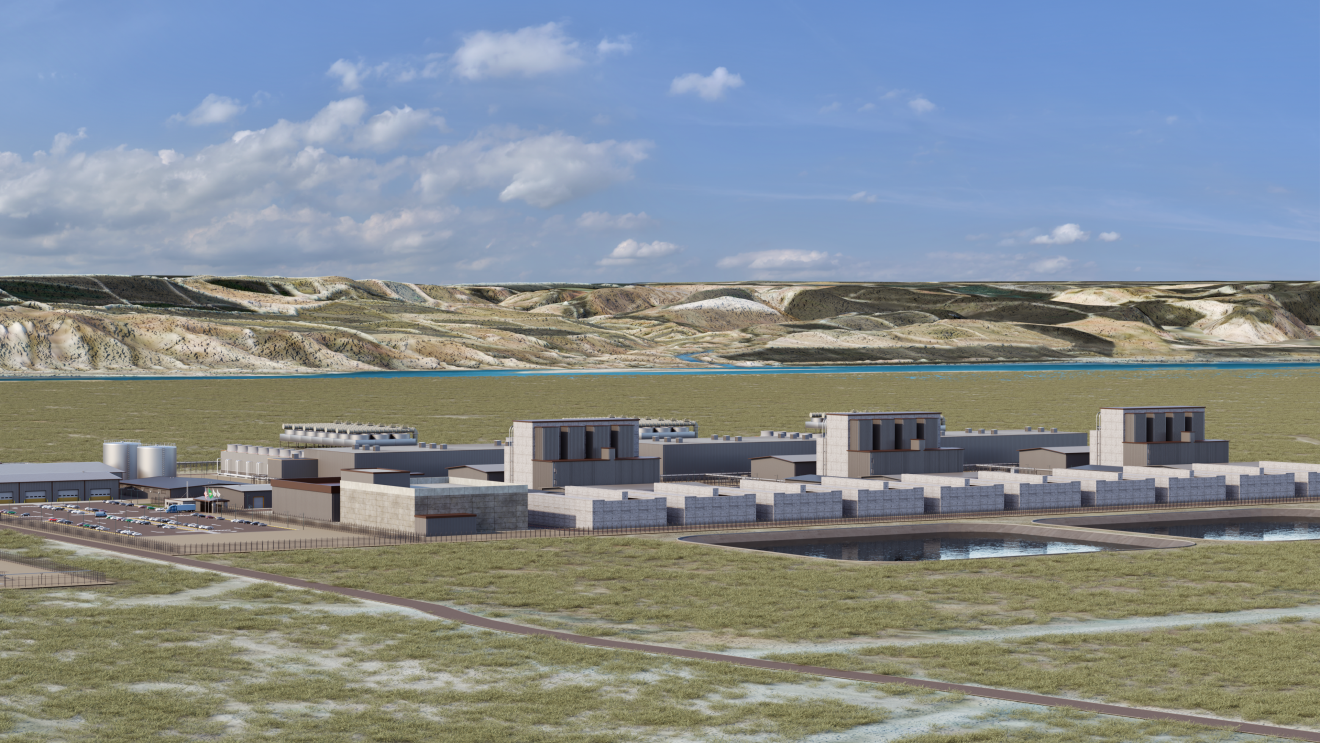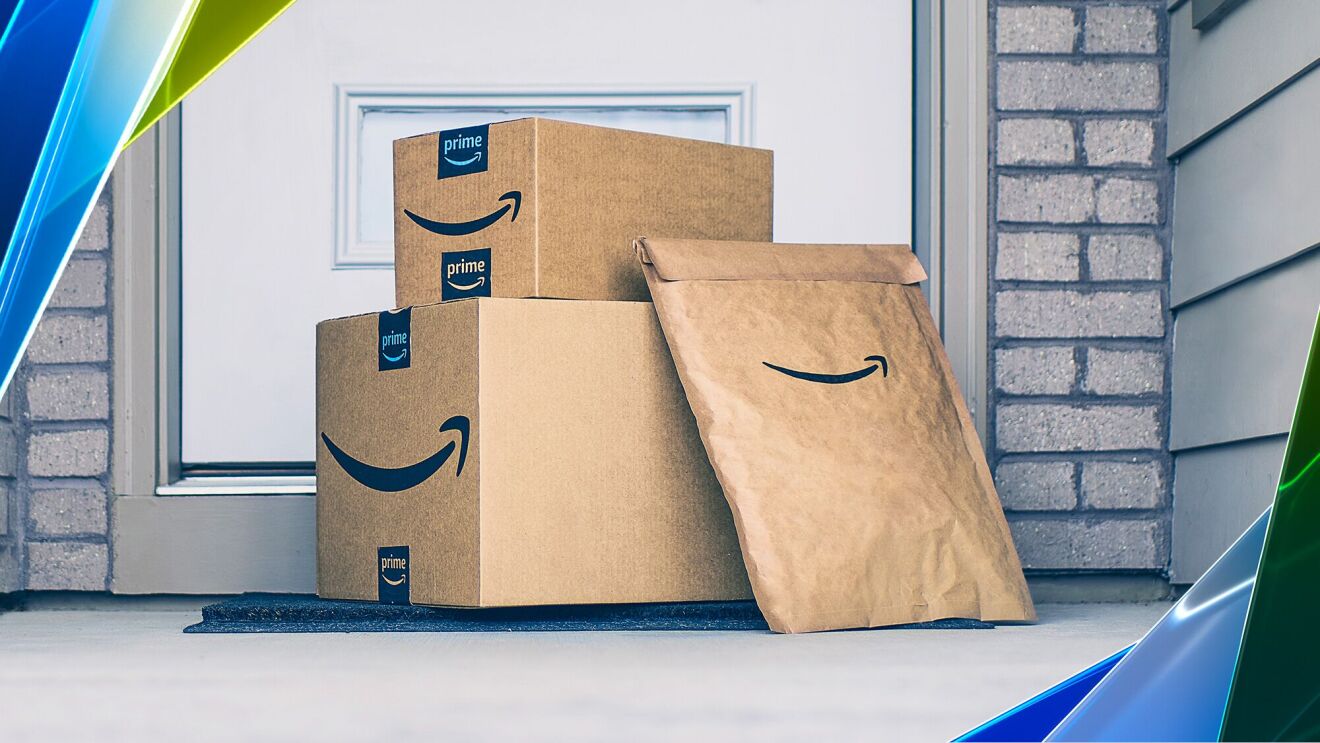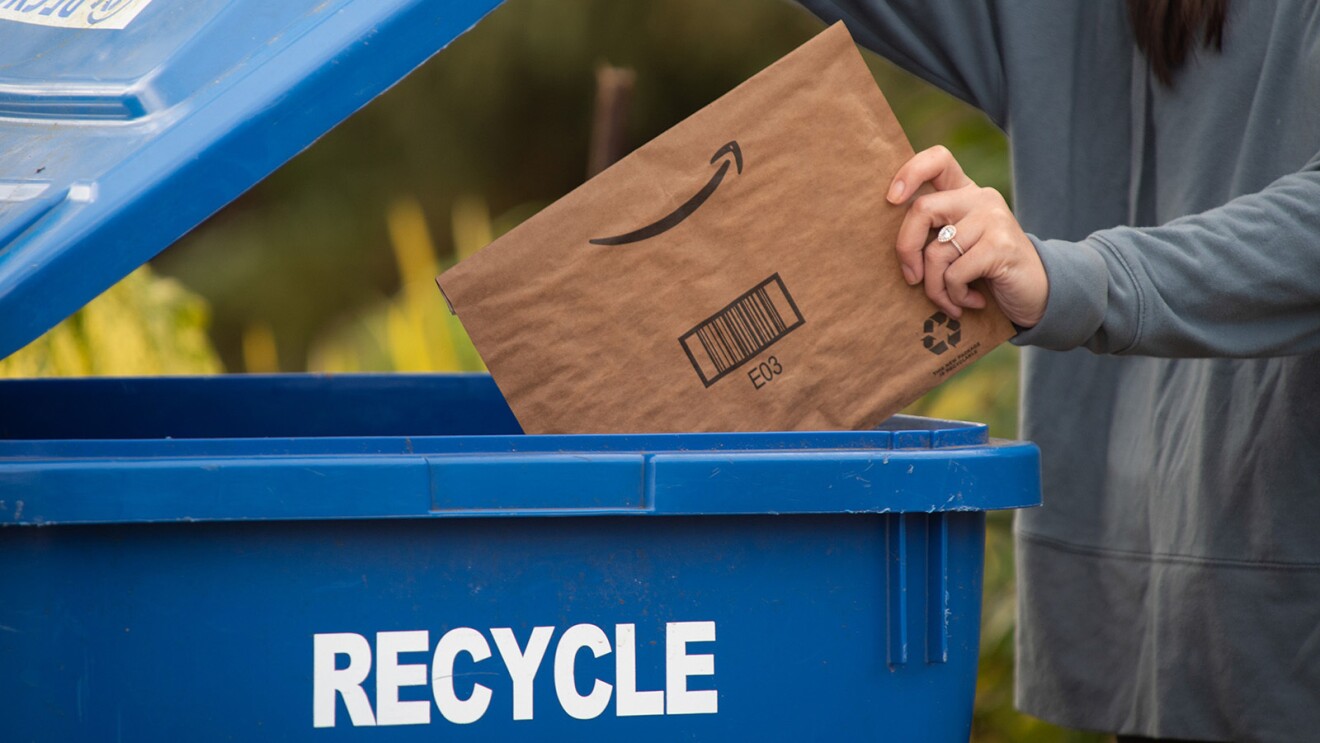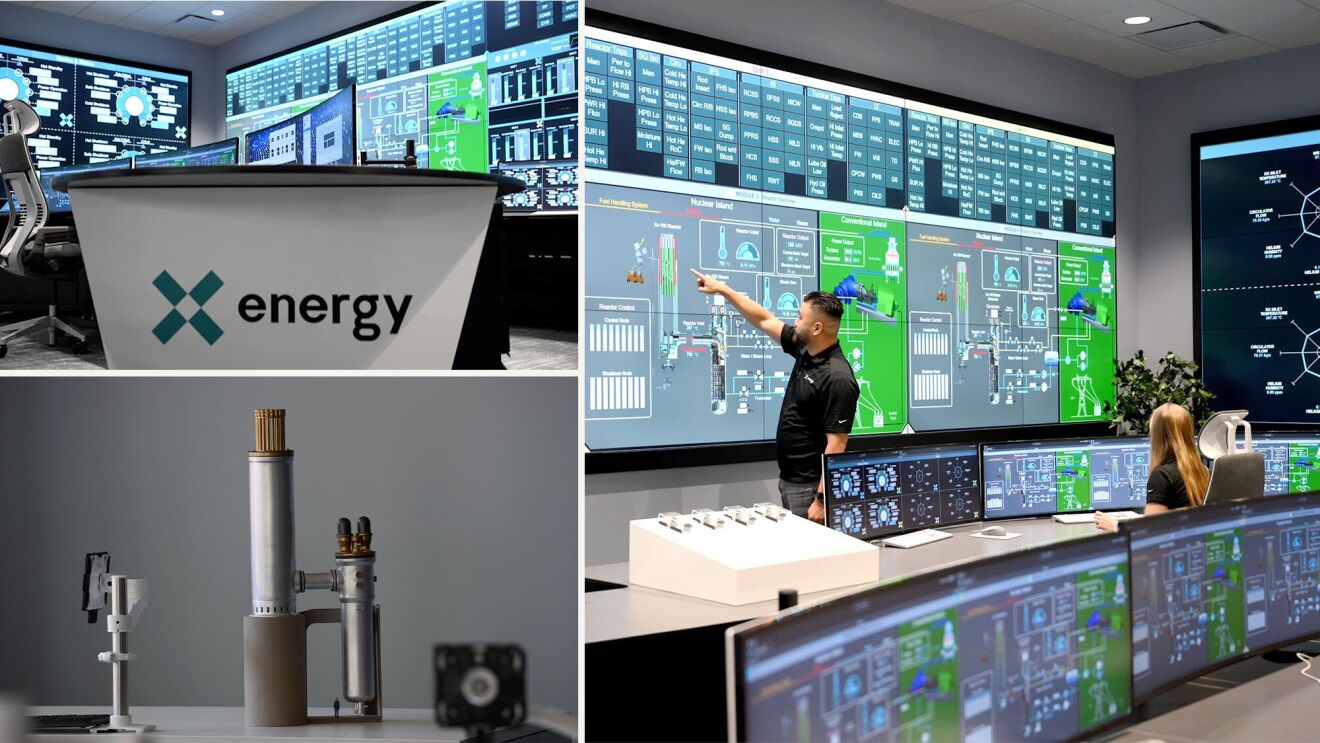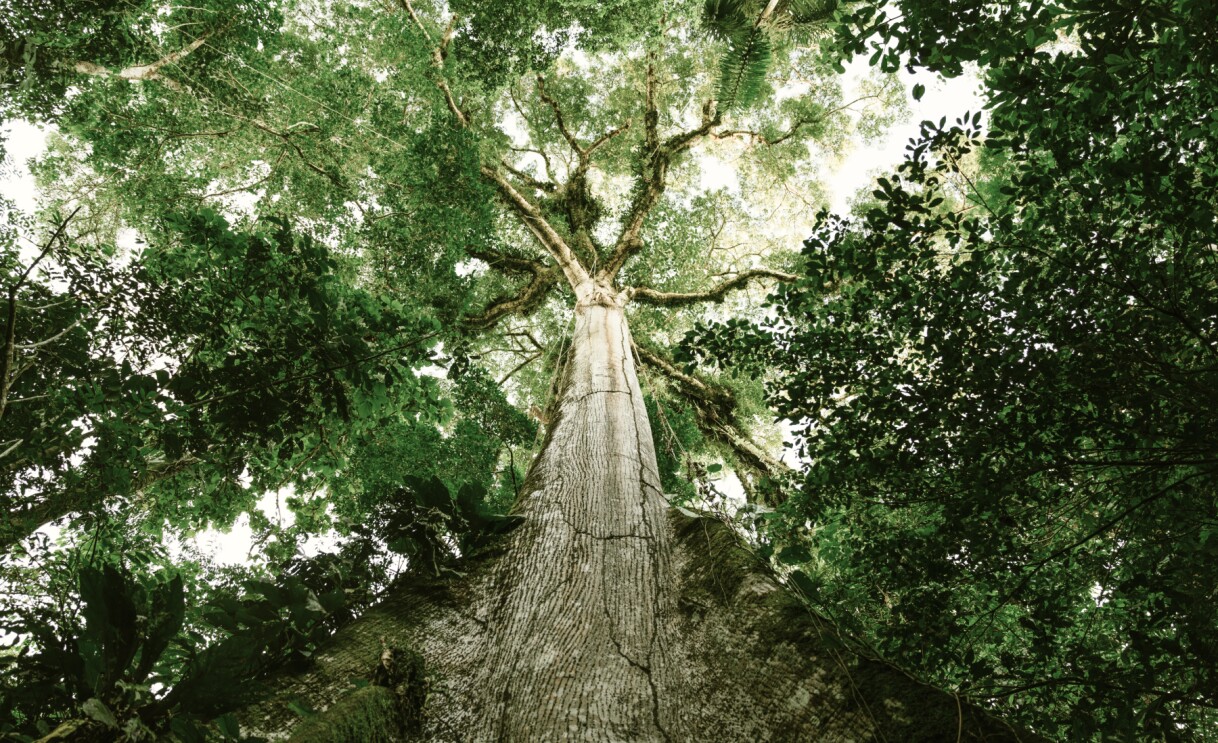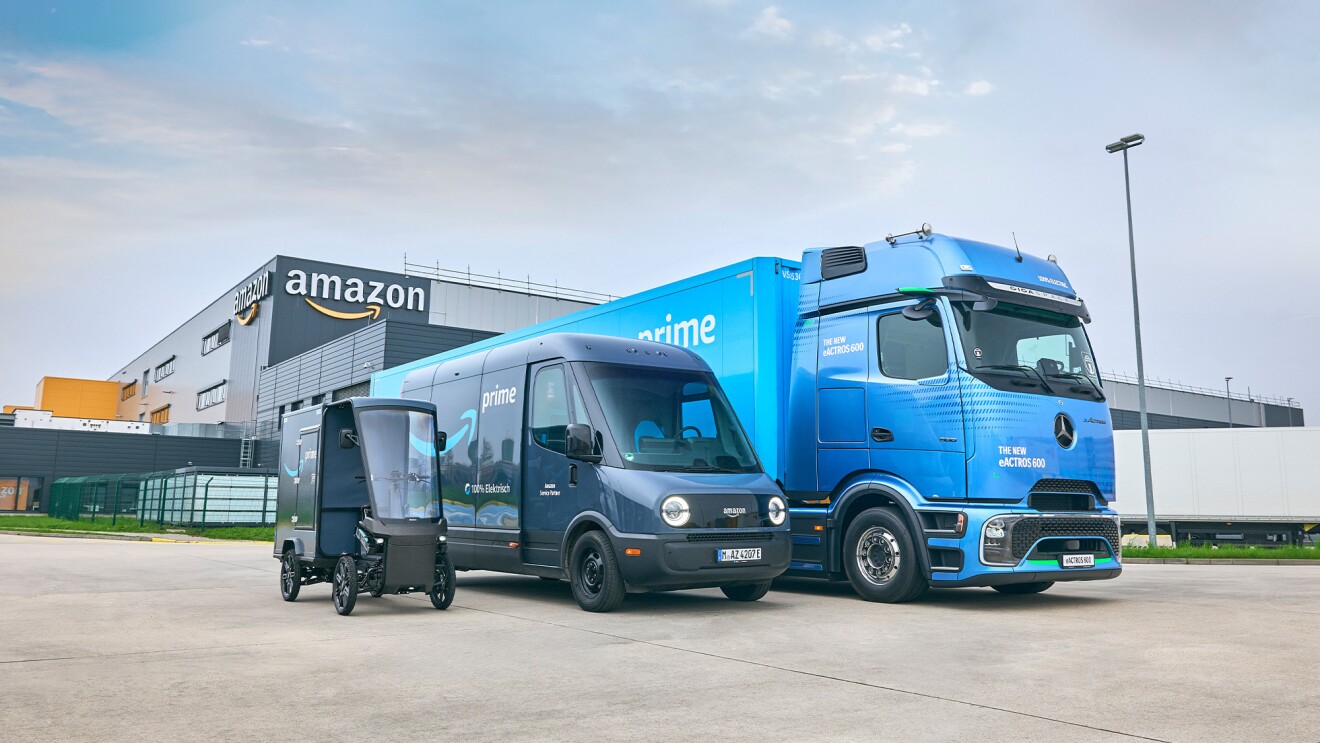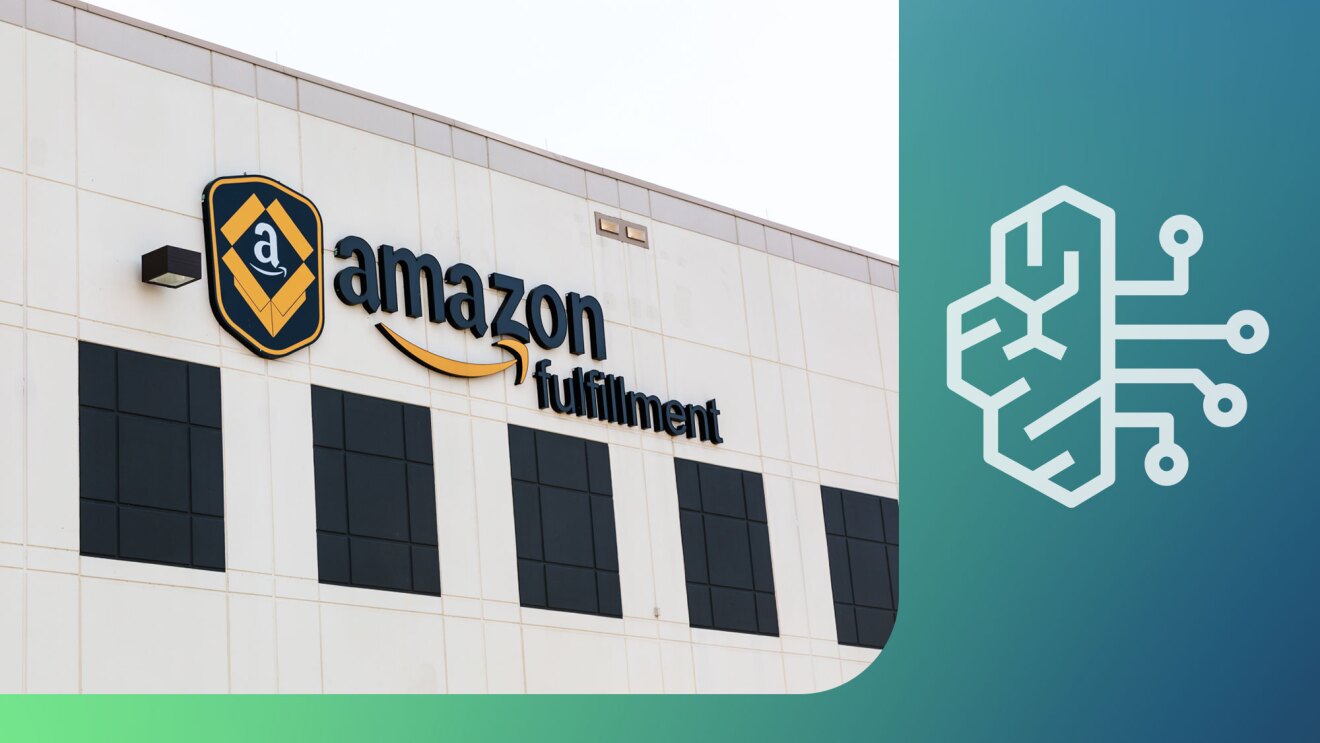Future Forward is a new a character-driven documentary series featuring businesses that are pioneering industry-shifting innovations on the front lines of climate change. The six films, each 10 minutes or less, chronicle bold actions being taken by companies—all signatories of The Climate Pledge—that have committed to reach net-zero carbon emissions by 2040‚ 10 years ahead of the Paris Agreement. The films demonstrate that a net-zero carbon journey is possible, and crucial, to help curb the climate crisis.
Directed by five critically acclaimed directors, the films are complete with stunning footage and heart-warming stories of resilience. The series leaves audiences with a hopeful message: Companies can change—and are changing—the way they do business to create a healthy planet for generations to come. Watch the films now on The Climate Pledge website and Prime Video.
Here’s what you can expect from each of the six films:
The Future of Flight
01 / 02
If the aviation industry were a country, it would be the seventh largest source of CO2 emissions in the world. One key to decarbonizing aviation rests with Sustainable Aviation Fuel (SAF), made from renewable sources like used cooking oils and waste animal fats. When used in its neat form, SAF can reduce greenhouse gas (GHG) emissions by up to 80% compared to fossil jet fuel. In January 2020, JetBlue announced that it would be one of the first airlines in the U.S. to fly regularly on SAF (produced by fellow Climate Pledge signatory, Neste) out of San Francisco International Airport. This groundbreaking collaboration between Neste and JetBlue shows how companies can partner to accelerate responsible climate action.
The Future of Buildings
01 / 02
“We live on an island. Will this island even be here?” asks Jennifer Wagner (CarbonCure Technologies) about the future of Prince Edward Island, a Canadian province her family has called home for decades. Motivated by the desire to build a better future for her children, Wagner joined CarbonCure, a fast-growing climate tech startup on a mission to accelerate the decarbonization of the concrete industry. With the growth of urban areas and surging demand for concrete—its key ingredient, cement, is responsible for an estimated 7% of carbon emissions—CarbonCure aims to turn this concrete challenge into a climate solution.
The Future of Transportation
01 / 02
In 2019, Amazon approached electric vehicle manufacturer Rivian to talk about electrifying the company’s delivery fleet. In 2022, Amazon and Rivian rolled out the first custom Amazon electric delivery vehicles, the beginning of what will be 100,000 vehicles by 2030. But the road to decarbonization has not been smooth. From vehicle design to infrastructure needs, the transition from traditional gas-powered delivery vans to electric delivery vehicles has required several unique innovations as well as help from other Climate Pledge signatories.
The Future of Water
01 / 02
The ancestors of the people of East Java, Indonesia, considered water to be sacred. Now, with increasingly polluted waterways, local communities are facing water scarcity and, by 2025, so could half the world’s population. The only way to solve the water crisis is by working together to expedite solutions. Multi Bintang Indonesia, an Indonesian subsidiary of HEINEKEN, is working with local communities to safeguard springs and clear rivers from trash so both the business and local citizens can thrive.
The Future of Farming
01 / 02
Unprecedented heavy rains are a consequence of extreme weather caused by climate change. They can take inches off of topsoil in minutes, destroying harvests and threatening farmers’ livelihood. The companies that rely on these farmers to source local ingredients for their products are also impacted. Unilever is tackling this business challenge head-on by partnering with Practical Farmers of Iowa to protect and improve soil through regenerative farming practices.
The Future of Forests
01 / 02
At almost the size of Australia, the Amazon rainforest is the largest rainforest in the world. However, due to the current scale of deforestation, it won’t be this size for long. Rainforests are natural carbon sinks, and when trees vanish their naturally stored carbon has to go somewhere—and that somewhere is our atmosphere. To protect the Amazon rainforest and simultaneously combat food scarcity, businesses must invest in nature-based solutions. Amazon, the company, and its partners are supporting agroforestry systems in Brazil to restore forests, produce food, and create sustainable livelihoods for local communities.
All films are available to stream for free worldwide on TheClimatePledge.com/future, Amazon Prime, and JetBlue flights.
Amazon co-founded The Climate Pledge in 2019, committing to reach net-zero carbon emissions by 2040—10 years ahead of the Paris Agreement. The Pledge now has over 400 signatories, including Best Buy, IBM, Microsoft, PepsiCo, Siemens, Unilever, Verizon, and Visa.
Trending news and stories
- Amazon Pharmacy will expand Same-Day Delivery to nearly 4,500 cities in 2026
- 13 films and series to watch for Valentine’s Day on Prime Video
- Getting started with Alexa+: Simplify home organization with recipes, calendars, and reminders
- How to stream Seattle Kraken games on Prime Video during 2025–26 season














